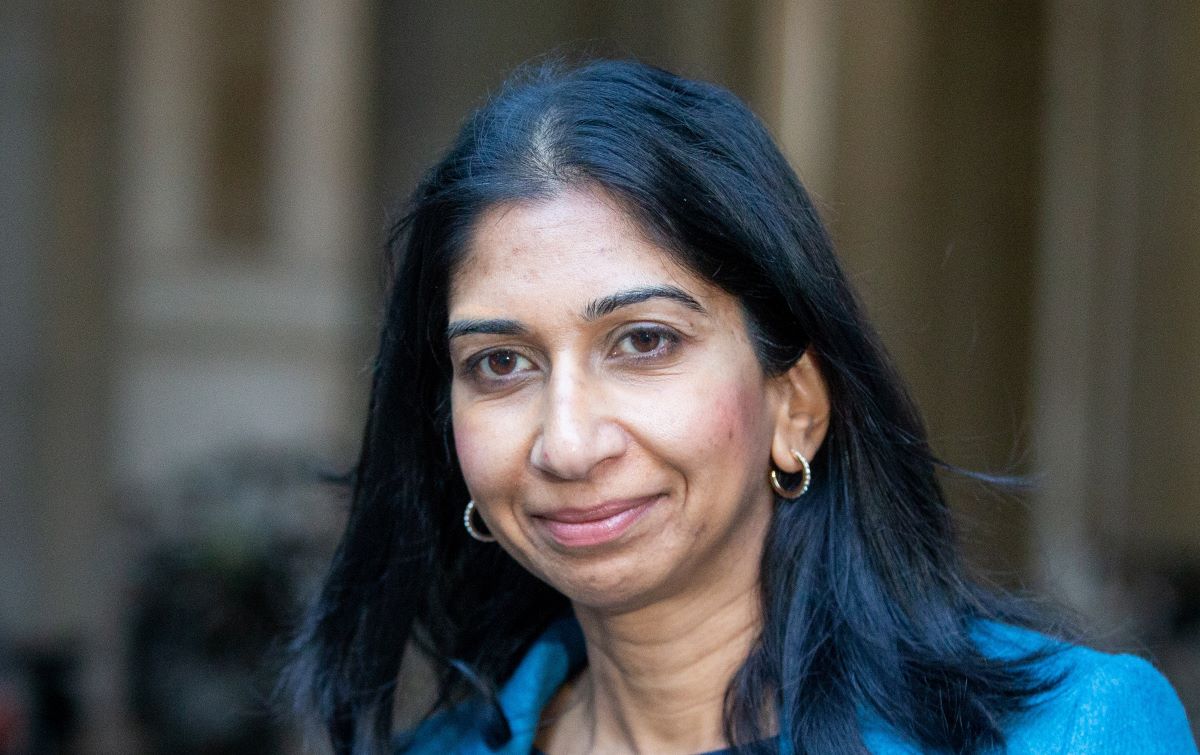Suella Braverman’s unexpected withdrawal from the Tory leadership race, marked by sharp attacks on her fellow MPs, reveals deep ideological divides within the Conservative Party. Here’s the full story.
Entirely Expected Withdrawal

Suella Braverman, the disgraced former Home Secretary who infamously called for a police crackdown on peaceful protesters, has announced her decision not to run in the Conservative leadership race, in a not-entirely-unexpected move which has left Conservative MPs, members, and supporters wondering about the future direction of the party.
Ideological Divides

Despite her assertion that she had the necessary backing from 10 of her fellow MPs, a fact that numerous Conservative leaks have debated, Braverman cited the deepening ideological divides within the party as her main reason not to stand.
“No Point in Running”
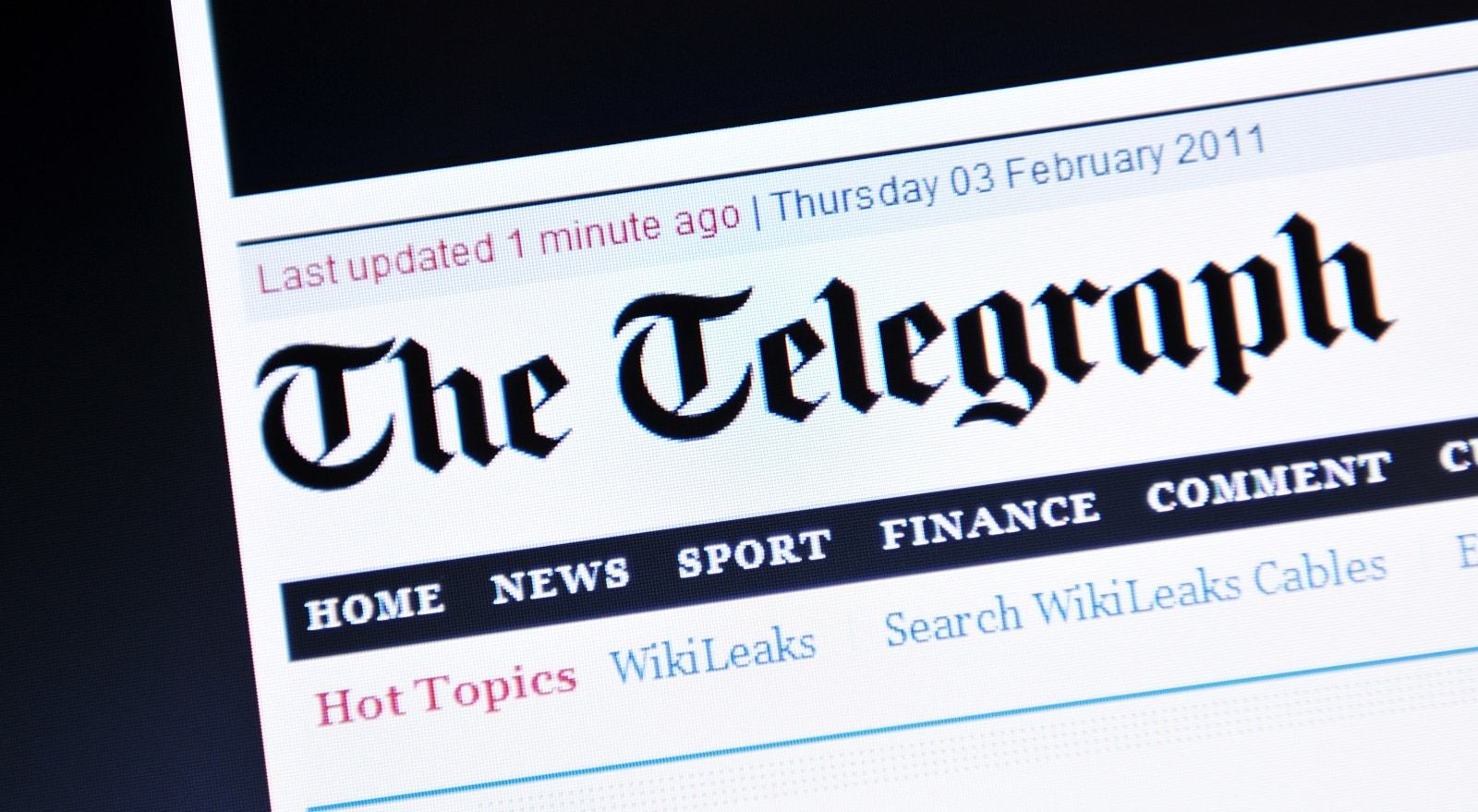
Writing in the Telegraph to announce her decision not to run, Braverman stated, “There is, for good or for ill, no point in someone like me running to lead the Tory Party when most of the MPs disagree with my diagnosis and prescription … Instead, platitudes about ‘unity’ are fashionable.”
Deep Ideological Rifts

Braverman’s decision indicates the deep ideological rifts within the Conservative Party. In her article, Braverman argued that the party’s recent disastrous election result should be blamed on its failure to address the issues she has been most vocal about, including migration, taxes, and what she describes as “transgender ideology.”
Uncompromising Stance

In a pointed attack on the rump of remaining Conservative MPs, many of whom withdrew their support from her candidacy following a series of controversial recent gaffes, Braverman suggested a deep discomfort within the party about her uncompromising stance on several key issues.
“Mad, Bad and Dangerous”

Braverman wrote, “I’ve been branded mad, bad and dangerous enough to see that the Tory Party does not want to hear this. And so I will bow out here.”
National Conservatism Speech

Earlier this month, Braverman delivered a speech at the National Conservatism Conference in Washington DC, where she placed blame for the party’s general election defeat on “liberal Conservatives.” This speech further illustrated the deep divisions within the party, with Braverman positioning herself as a defender of traditional conservative values against more centrist influences.
Polarising Figure

Similarly, Braverman recently warned that the Conservative Party risks becoming “a collection of fanatical, irrelevant, centrist cranks.” Such statements have made her a polarising figure within the party, admired by some for her forthrightness but criticised by others for her divisive rhetoric.
Controversial Career

Despite Braverman’s attempt to portray her decision as bravely falling on her sword for the good of the Conservative Party, her recent political career has been marred by controversy and statements like those made in her Washington speech, which have won her few friends.
Pride Flag Outrage
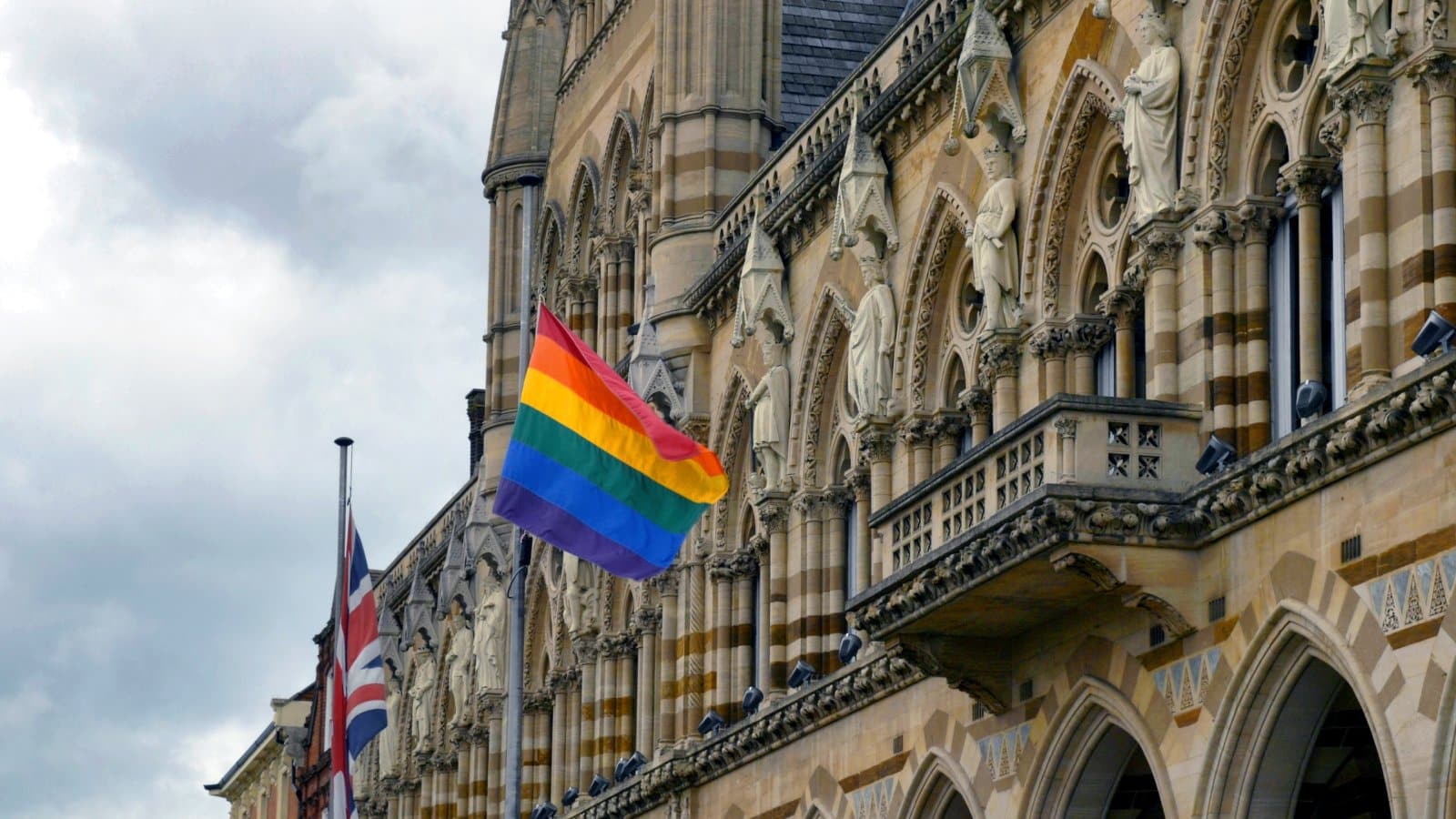
She recently sparked outrage by lambasting the flying of the Progress Pride flag, which includes additional stripes to represent marginalised groups within the LGBTQ+ community, being flown in government buildings.
“Mutilation of Children”
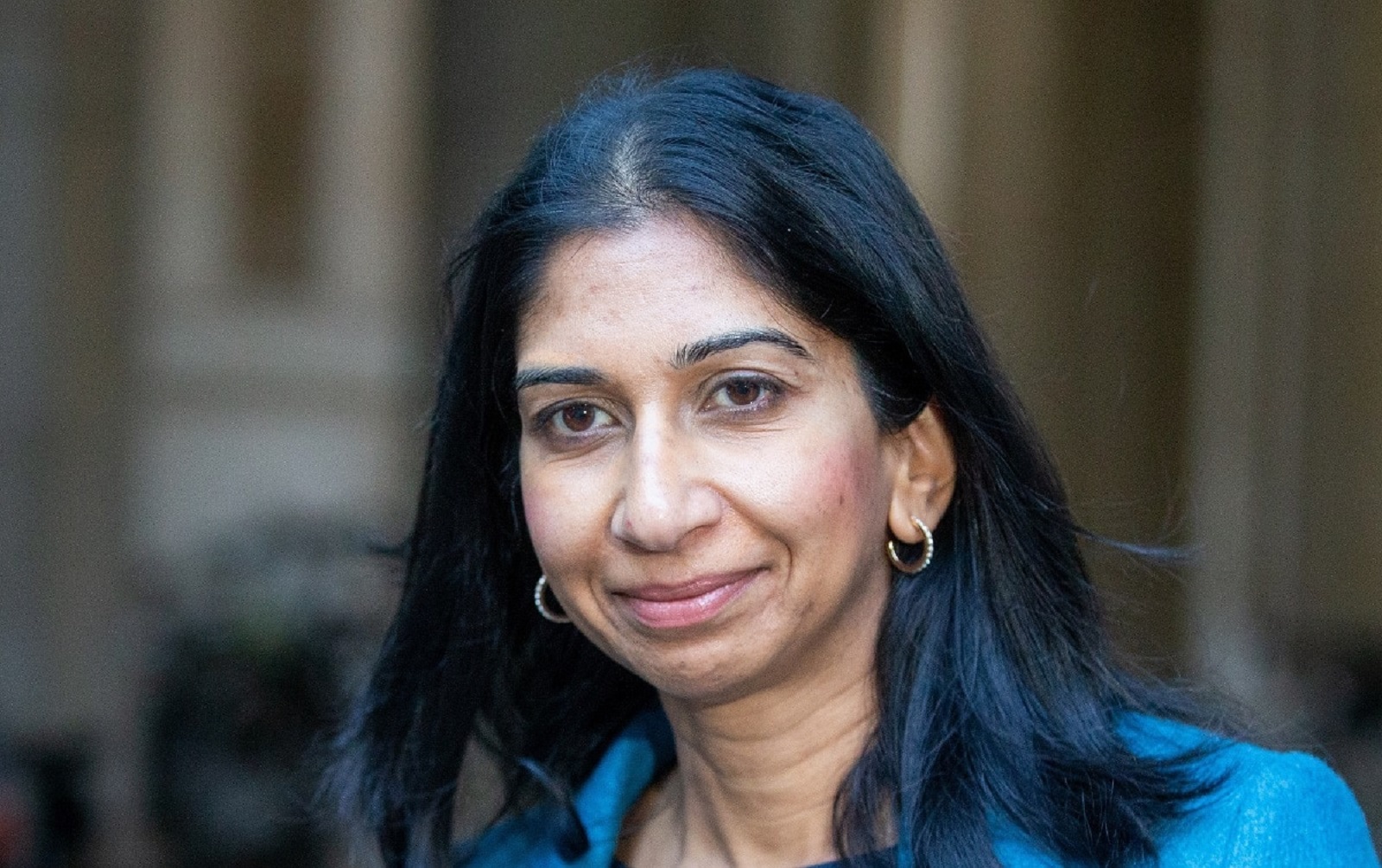
Braverman stated, “What the Progress flag says to me is one monstrous thing: that I was a member of a government that presided over the mutilation of children in our hospitals and from our schools.”
Grassroots Anger
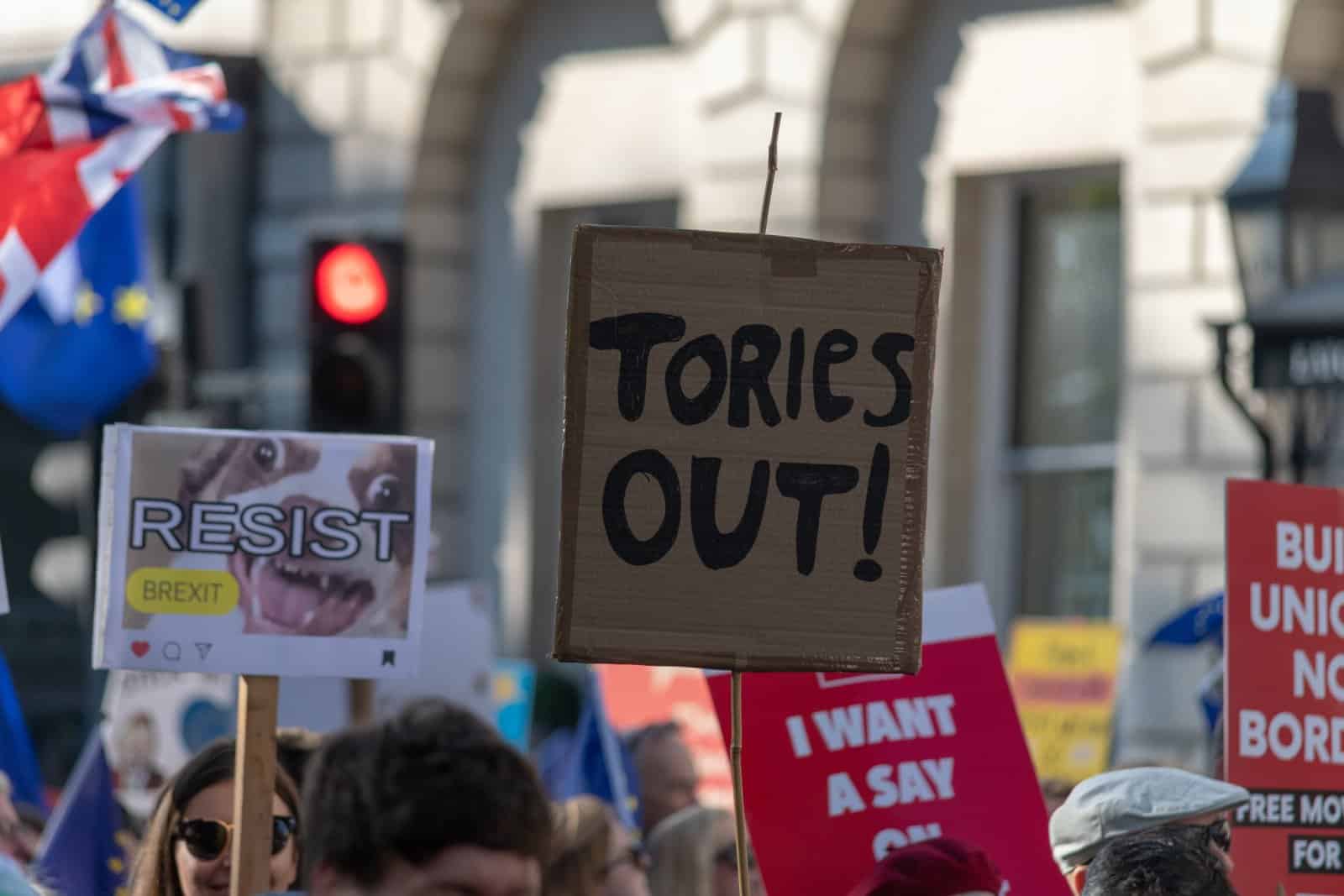
Despite her many controversies, grassroots Conservative supporters are increasingly angry that MPs omitted Braverman, their favoured choice, on the ballot. The Conservative Democratic Organisation (CDO), formed after the removals of Boris Johnson and Liz Truss, warned senior MPs they could quickly fall out of favour for “defying core supporters,” as a survey of CDO members showed Braverman as the top choice among respondents.
New Candidates Emerge

As Braverman steps aside, other prominent figures are stepping forward. Shadow Housing Secretary Kemi Badenoch, the right-winger who is favourite to win the race, became the sixth person to enter the leadership race.
Kemi Badenoch’s Vision

Writing in The Times, Badenoch stated, “The country will not vote for us if we don’t know who we are or what we want to be. That is why I am seeking the leadership of the Conservative Party to renew our movement and, with the support of the British people, to get it to work for our country again.”
Leadership Race Timeline
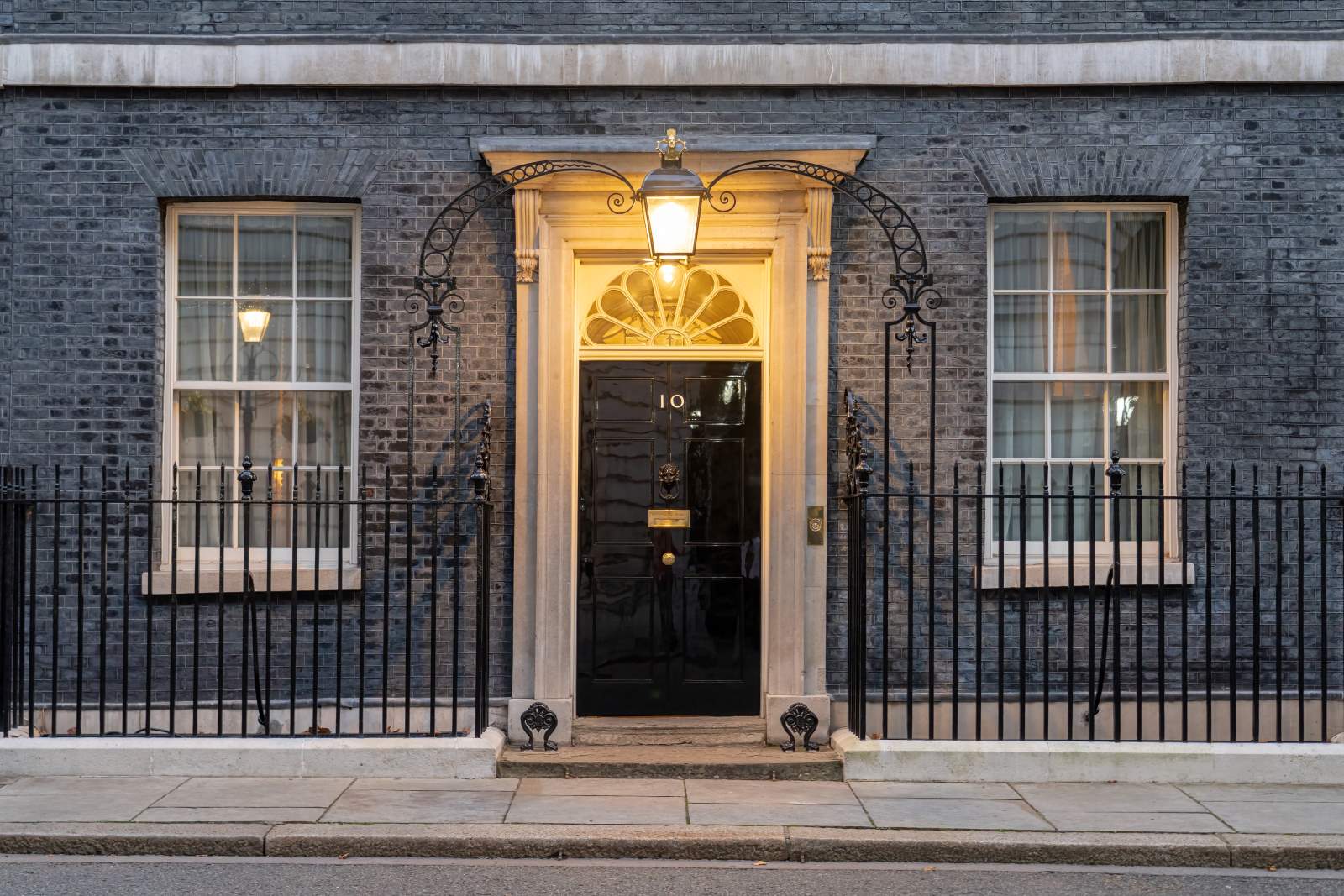
Following the closure of nominations, the parliamentary party will narrow the field down to four candidates, who will present their cases at the Conservative Party conference from September 29 to October 2. The final two candidates will then face a vote by party members in an online ballot, with the result announced on November 2.
Conservative Unity Crisis

Braverman’s decision to withdraw from the leadership race with a blistering attack on her fellow MPs has shown the dire state of Conservative unity and the deepening divides within the party.
Oh, How the Mighty Have Fallen

It remains to be seen whether her candid critiques and stark warnings about the party’s direction will influence the remaining candidates or whether they will view them as the anguished ramblings of a failed leadership contender whose political star has fallen, leaving her no option but to snipe from the sidelines.
Featured Image Credit: Shutterstock / I T S.

